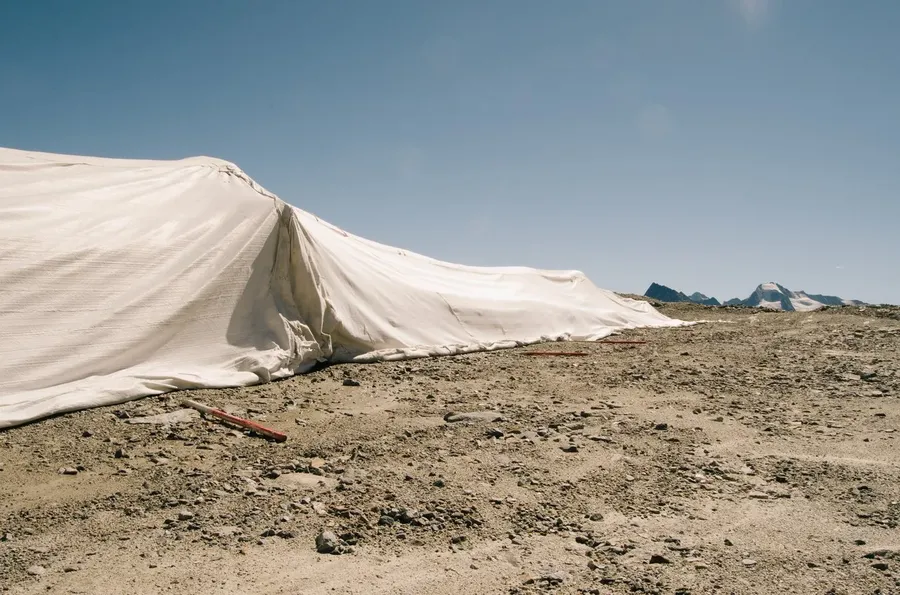Deep Adaptation in the Spatial Disciplines

In all likelihood, we will face further crises such as the Covid 19 pandemic or similarly severe emergencies, especially those related to climate change and the biosphere crisis. They will cause the 21st century to be radically different from the 20th: Conventions, techniques, and social practices with which we are familiar will disappear. Our tasks and roles as architects and urban planners will change fundamentally in this process. We will live in increasingly volatile and vulnerable contexts and constellations.
So far, however, many actors in politics, but also in science, deny the vulnerability of our urban structures to these risks and changes, and decisive action is a long time coming.
Jem Bendell's concept of "Deep Adaptation", widely and controversially discussed since its first publication in 2018, proposes a radically different approach: He asks us to prepare for the collapse of certain systems that currently govern our lives - and to see this as an opportunity for positive change.
This change and the resulting challenges we face are not primarily technological, but above all social, economic and organizational. Moreover, they are highly interdependent and all-encompassing; they require systemic changes, profound transformations and adaptations of action. Thus, the goal is not to develop technical solutions in isolation, but rather to fundamentally rethink the way we live, work, travel, and interact.
The research interest here follows the claim to explore the spatial dimensions of this "Deep Adaptation" and to identify and develop approaches for operationalization in the spatial disciplines of urban planning, landscape planning, urban design and architecture.
contact: Daniel Zwangsleitner
Research
- Deep Adaptation in Urban Design
Daniel Zwangsleitner, Elettra Carnelli, Benedikt Boucsein
Funding: Seed Fund, TUM, Architectural Research Incubator (ARI) (09/2020-08/2021)
Teaching
- Kurswechsel. Deep Adaptation – Gebaute Umwelt,
Seminar BA/MA Architektur, Wintersemester 2020/21
Daniel Zwangsleitner, Elettra Carnelli
Publications
-
Zwangsleitner, D., Carnelli, E., Boucsein, B., van der Hoeven, F. (Hg.). SPOOL: Deep Adaptation – The Spatial Dimension. ISSN 2215-0897 print, 2215-0900 online. https://spool.ac/index.php/spool/issue/view/24
-
Zwangsleitner, D., Carnelli, E., Boucsein, B., & Fettahoglu-Özgen, E.-S. (2022). It’s too late for pessimism: How the Deep Adaptation Agenda is relevant for teaching in the spatial disciplines. SPOOL, 9(2), 57–64. https://doi.org/10.47982/spool.2022.2.04